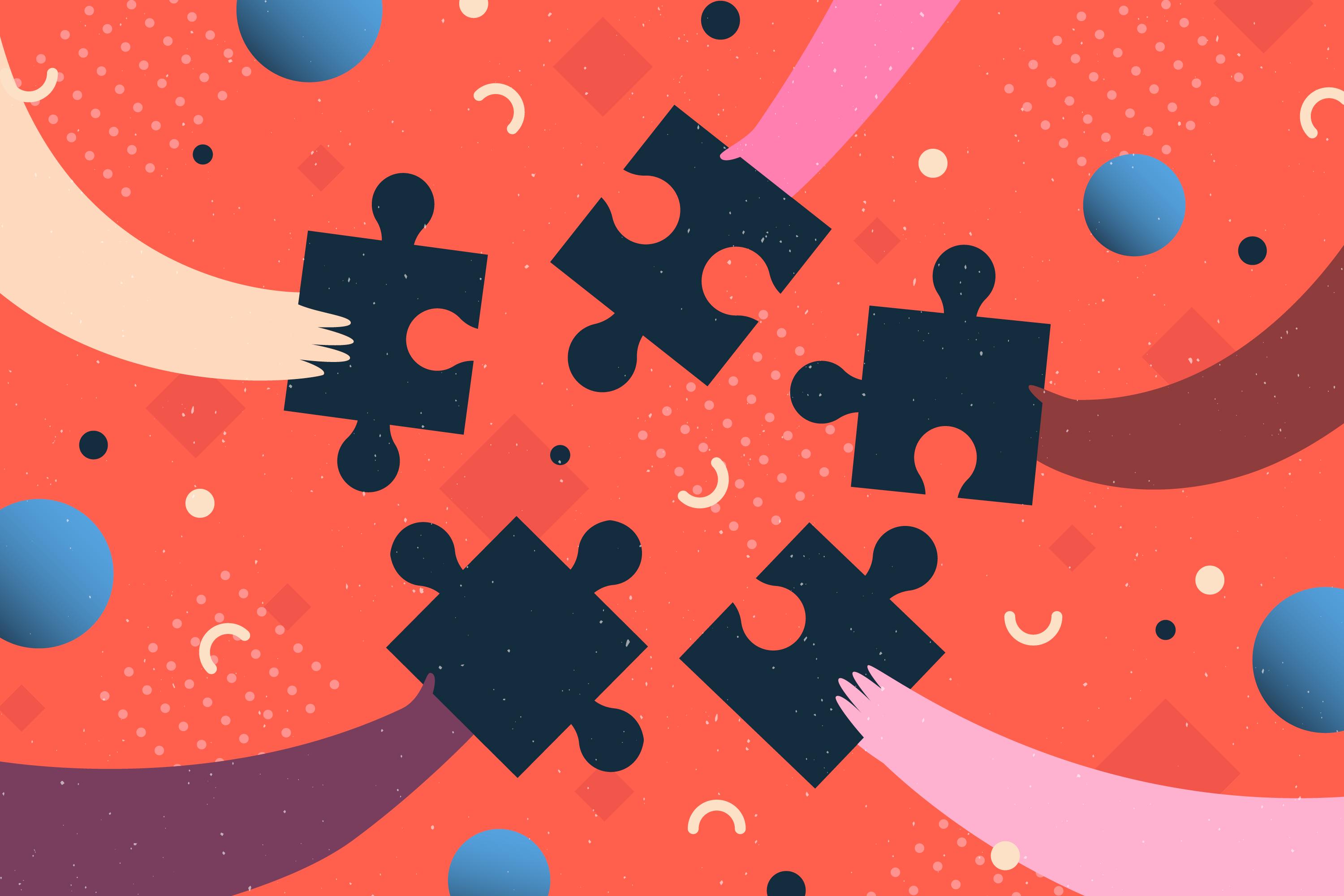Empowering Marginalized Voices in Tech
 Millan Figueroa
Millan Figueroa
Six months ago, I dove headfirst into teaching myself JavaScript with a goal: getting into a top-tier software engineering program. Before gaining US citizenship, I navigated 15+ years with various cash hustles – from house painting to giving Spanish lessons on Cal train. In 2005, during my gender transition, I encountered heightened transphobia, which limited my in-person work options. Embracing my passion for web design, I found solace in building basic WordPress sites—a lifeline amid the ongoing survival challenges life presented as a trans immigrant.
For years, I aspired to professionally learn software engineering, but the path seemed closed due to barriers like formal education gaps and citizenship requirements- being in survival mode left me with little energy to fight my way into an industry that has historically faced criticism for favoring cisgender white men, leading to systemic inequalities in hiring and workplace culture.
Eventually, it took meeting other black and brown / queer engineers for me to begin to understand that my lived experience is not a hindrance, but rather an advantage. That in those of us who've had to consistently fight for survival, find resources, and make something out of nothing, there exists an untapped well of talent that often goes unnoticed. The unique qualities that make people that occupy marginalized identities make for exceptional programmers, taking into account the parallels between our lived experiences and the essential skills required in the world of programming.
Resourcefulness as a Key Asset: Limited access to resources is a fact of life for marginalized communities - I had to come up with ways to make money when I wasn't able to work legally, and eventually I had to get really creative to find a way to fund my transition (with no steady income or health insurance). Looking back I see that this scarcity fostered resourcefulness, and I'm now experiencing this resourcefulness as a huge advantage. In my coding journey I've had to find mostly free resources, and in the process itself I've frequently encountered challenges that require creative solutions. We are simply adept at finding innovative ways to make the most of what we have.
Adaptability through Life Challenges: Facing numerous challenges in connection to being queer, trans, and immigrating to this country, forced me to develop a high level of adaptability. Similarly, programming demands the ability to adapt to new technologies, languages, and frameworks. It is a different type of hustle, but a hustle nonetheless. The resilience gained through fighting for one's very survival can translate into a valuable skill set for programmers who need to navigate the rapidly changing tech landscape.
Outside-the-Box Thinking: Where I'm from, this is called 'hustler mentality'. Solving complex problems in programming often requires thinking beyond conventional boundaries. Growing up, it was mostly about seeing white, heteronormative, and typical gender representations. Some of us were made painfully aware of the ways we different, hence we've only ever existed outside the proverbial Box. An ability to approach challenges from unconventional perspectives is a valuable asset in the world of programming, where unique problem-solving is often the key to the most innovative ideas.
Diverse Perspectives in Team Collaboration: Programming is a collaborative effort, nowadays within more and more diverse teams. Aside from bringing unique perspectives shaped by our life experiences, folks who occupy marginalized identities have a highly evolved sense of empathy - a crucial element historically lacking in the tech space. Embracing diverse teams leads to a richer exchange of ideas and more robust solutions to complex problems. This collaborative tech environment can be transformative for everyone, especially when it comes to contributing ideas for technologies that empower and uplift those stuck in cycles of poverty.
Passion and Motivation: The motivation to overcome adversity often ignites a profound passion and dedication to problem-solving, driving breakthroughs and innovations. For us, entering the tech industry isn't just a career choice; it becomes a pathway to generational prosperity, offering the means to uplift not only ourselves but also our families and communities.
Recognizing and harnessing the potential of folks who occupy marginalized identities in the field of programming is not only a matter of social equity but also a strategic move for the tech industry. By providing financial resources, scholarships, and support to low-income individuals learning programming, and removing the myriad of barriers to entry, we can tap into a wellspring of talent that has the resilience, resourcefulness, and creativity needed to propel the world of technology forward.
Let's cultivate a tech industry that prioritizes equity over mere equality, where 'diversity' goes beyond token gestures of including a few non-white programmers to meet numerical quotas. It's time to embrace the diversity of experiences that BIPOC, queer, trans, disabled, and neurodivergent programmers bring to the table and build a more inclusive and innovative future for the tech industry—one that lays the foundation for generational wealth and prosperity.
Subscribe to my newsletter
Read articles from Millan Figueroa directly inside your inbox. Subscribe to the newsletter, and don't miss out.
Written by

Millan Figueroa
Millan Figueroa
👋 Hi, I’m @millan-figueroa 👀 Queer Chileno / Visionary entrepreneur / Designer / Hacktivist / Aspiring Developer / Founder of R A D I C A L B L O C K S / Tech Equity Advocate 🌱 I’m currently learning full stack Javascript development, applying to Codesmith's Remote Immersive program. 💞️ I’m looking for other disruptors. 📫 How to reach me: millan.fig@gmail.com. Gracias :) 🍉 F R E E P A L E S T I N E ! 🍉